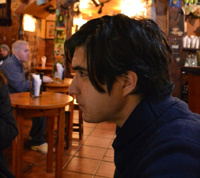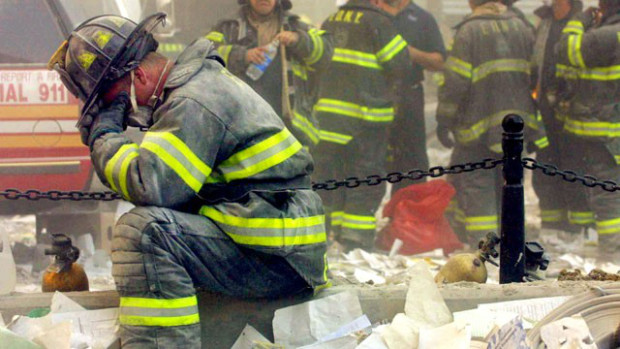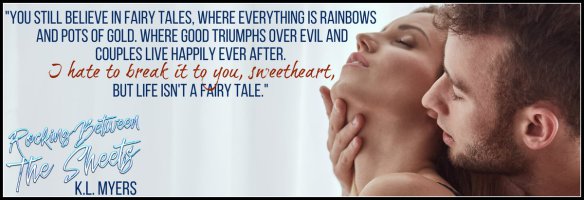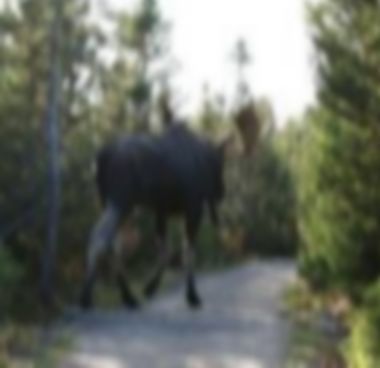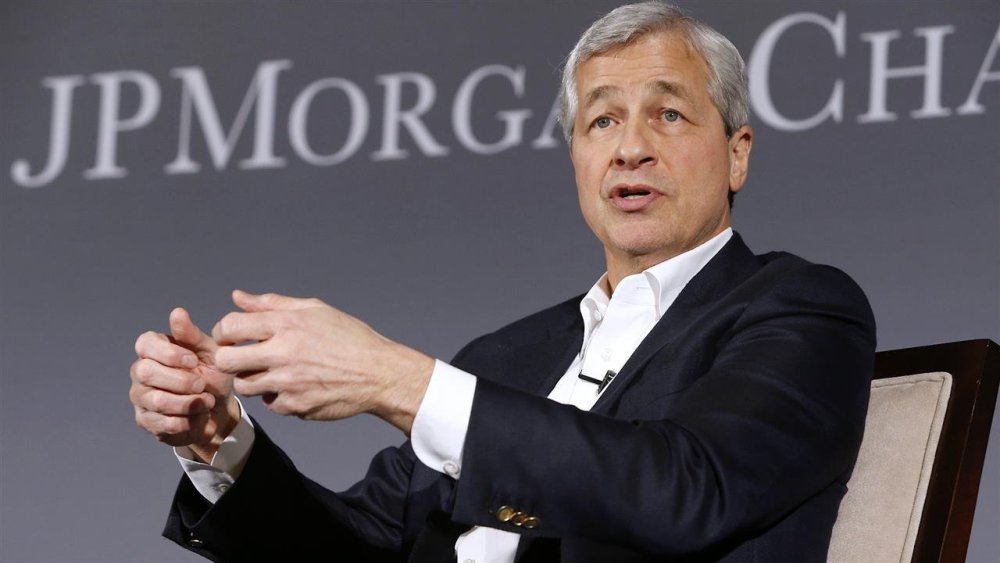BY MELISSA REESE
Staff Writer

Salisbury University hosted a lecture by Malinda Lo, an author of LGBTQ young adult literature Thursday.
Lo is the author of “Ash,” a lesbian retelling of Cinderella, “Huntress,” a prequel to “Ash” and “Adaptation” and “Inheritance,” a sci-fi duology. Her latest novel “A Line in the Dark” is a psychological thriller about a queer Chinese-American.
Lo said Cinderella is her favorite princess. She currently lives with her partner and her dog in Massachusetts.
Lo said that she wants to see an increase in YA books with an LGBTQ focus distributed by mainstream publishers. This includes HarperCollins, Hachette, Macmillan, Simon & Schuster and Penguin Random House. She does research on YA literature publishing for her blog.
She wants more books with LGBTQ main characters, as well as positive representations of them.
She feels greatly irritated and disturbed by the tragedies that befall many queer characters.
“Being gay and dying in a car crash happened in many books,” Lo said.
She is unhappy with books that only have secondary LGBTQ characters, novels with subtextual gay storylines rather than outright representation and storylines that consider homosexuality a problem.
She also has data to support that historically, there has been many more published works about gay men than about lesbians.
Lo believes that much of queer representation is problematic. It is mired in tragedy, seen as a mere passing phase for teenagers or considered a choice.
Lo said that progress has been made in the publishing industry, and there has been an increase in all minority representation. This includes representation of the LGBTQ community, people of color, people with disabilities and women. She believes that coming out stories are becoming more complex.
“I really think the growth in genre fiction is great,” Lo said. “Genre fiction gives the character a chance to be the hero and not the problem.”
She owes much of the growth in diverse representation to a hashtag that later evolved into the nonprofit organization We Need Diverse Books.
Gia Giglio felt impressed by Lo’s lecture and thought it was very interesting.
She was especially impressed by the fact that LGBTQ literature existed as early as 1969, even though it was extremely problematic.
“It was interesting, to say the least,” Giglio said. “I didn’t even think there was going to be LGBT stuff back in the day—I felt like it would be just way too taboo. But there was, and they were awful, but they were there.”
Giglio mentioned the problematic plots that were in LGBTQ literature, and how many of the stories follow the same tired narrative pattern.
“It was really interesting to hear her describe the books and, especially, the patterns in the books, how they always died in car accidents,” Giglio said. “She was really just laidback about it, and it kept me interested, and it wasn’t hard to understand.”
“It’s super relevant,” Giglio said. “I think it’s really cool they have their own literature and places to go as a fantasy.”
Hina Abid said she was interested in learning about the history of LGBTQ literature.
Abid said she found Lo’s lecture extremely fascinating.
“I came here thinking that she was more gonna talk about, like, her own work, and it was kind of like an overview the history of the genre, so it was very interesting,” Abid said.
Lo hopes to see more diversity and positive representation in YA literature.
She gave aspiring LGBTQ authors advice.
“Don’t give up,” Lo said, “because no one is going to tell you to do it.”
Share this: